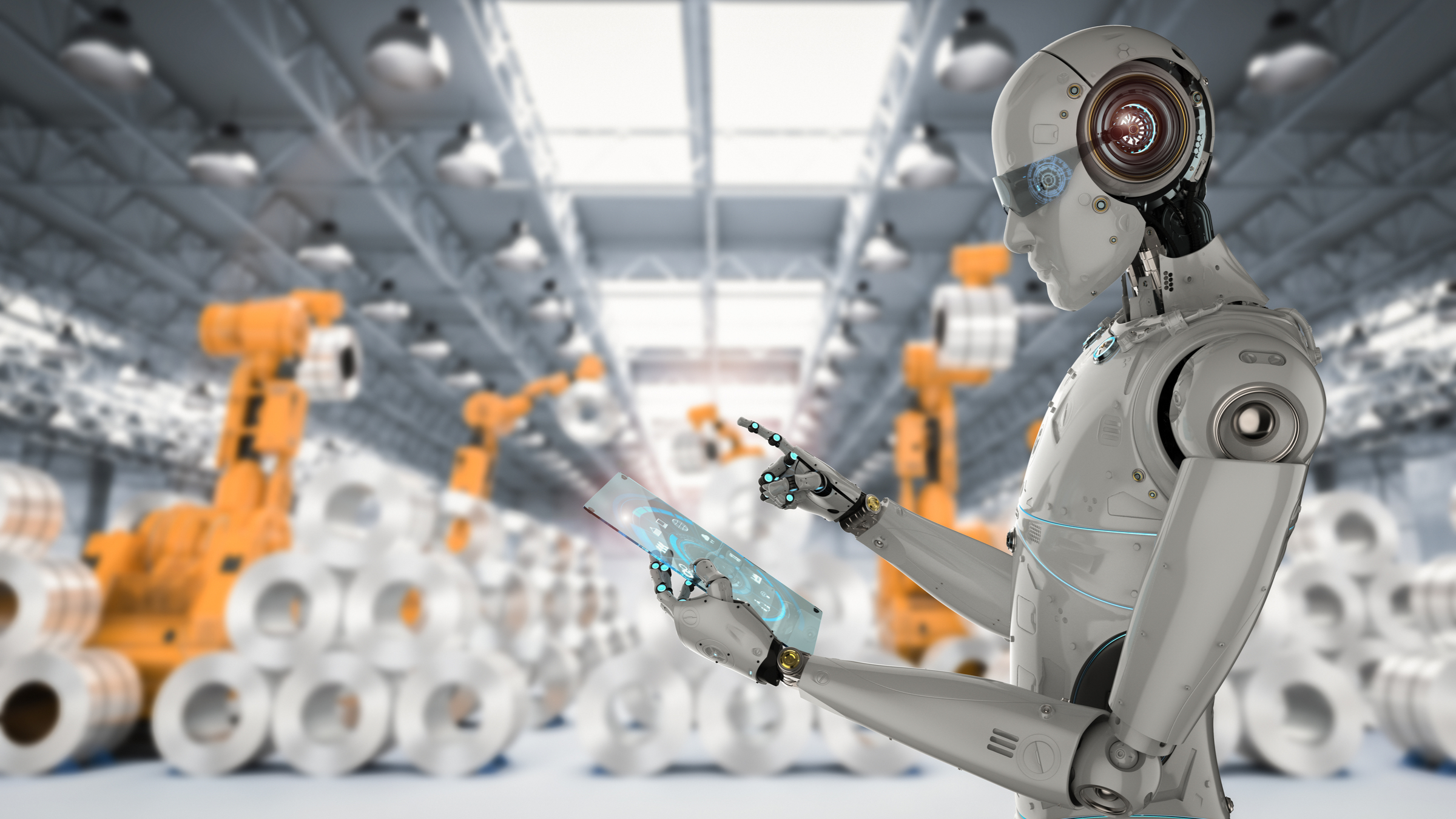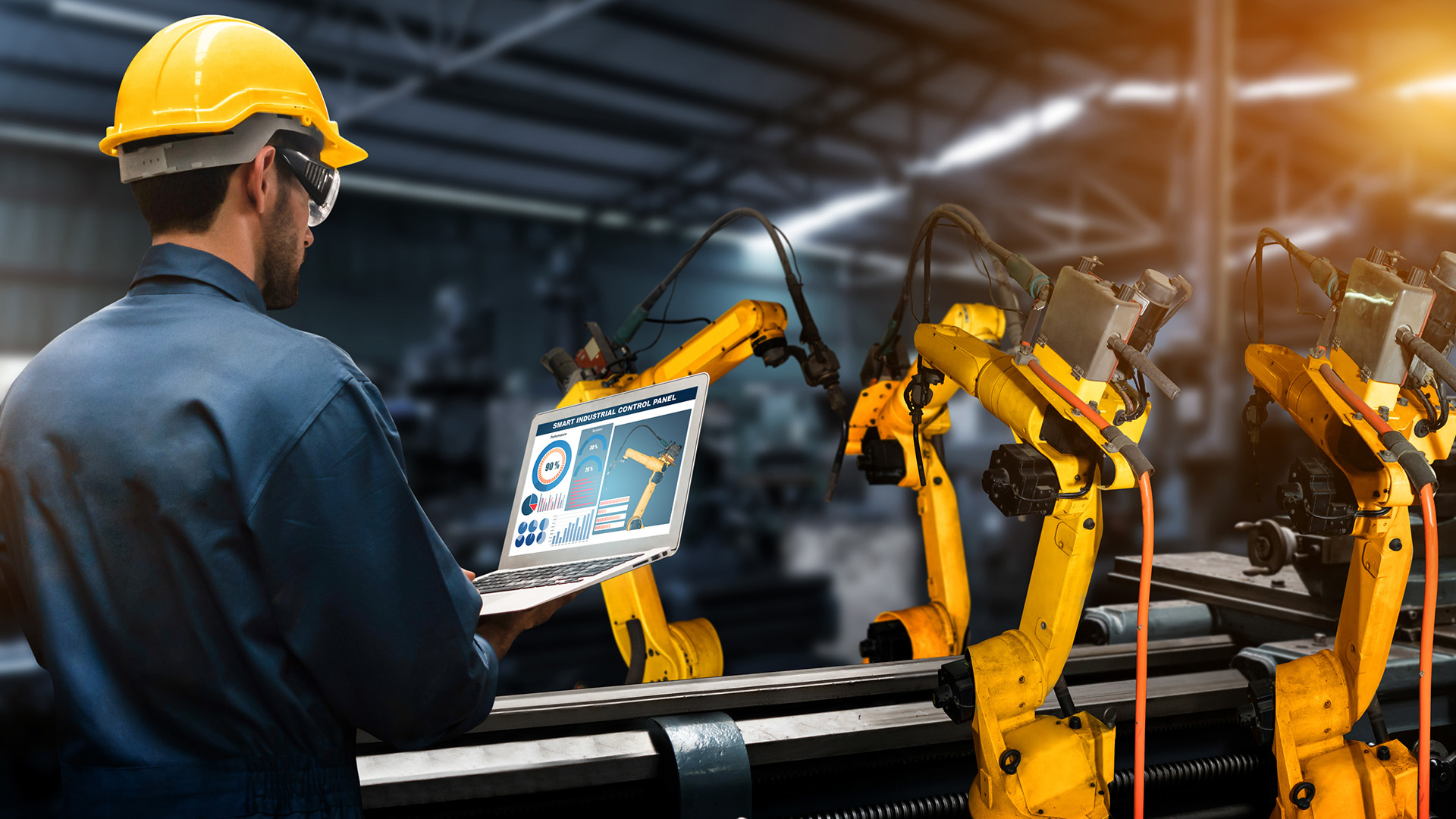The construction industry has long been synonymous with grit, precision, and manual labor. Yet as job sites modernize, so must the systems that support the people who power them.
From streamlined hiring processes to automation in payroll and compliance, construction companies are beginning to recognize that investing in workforce tech will give them the needed competitive edge to stand out in a saturated market.
Why Workforce Tech Matters in Construction?
Construction is an industry built on tight deadlines, complex coordination, and an often-transient workforce. Efficient workforce management can make or break project timelines, budget accuracy, and job site safety.
As companies scale and take on multiple projects across various locations, maintaining accurate labor data and ensuring consistent compliance becomes increasingly complex.
That’s where automation and digital HR tools step in. They remove the guesswork from managing large teams while offering transparency to both employers and employees.
Simplifying Labor and Compliance with Tech
One of the most overlooked stressors for construction companies is payroll and tax compliance. Whether you’re paying salaried workers, hourly laborers, or rotating subcontractors, a single misstep in tax reporting or worker classification can lead to significant legal and financial trouble.
Tools specifically designed for the industry, such as construction payroll services, can offer tailored features that include job costing, time tracking, and automated 1099 and W-2 management. These platforms are designed to adapt to the fluctuating demands of job sites and teams while helping companies stay compliant with federal and state labor laws.
Safety Isn’t Just Physical—It’s Procedural
While wearable tech and AI-powered sensors are helping prevent injuries on-site, not all risks are visible. Legal liabilities from unclear traffic protocols, especially when crews are working near active roads, can be just as damaging.
Construction workers need a clear understanding of general traffic laws and road safety procedures when redirecting vehicles, managing detours, or operating near intersections.
Companies that invest in safety training and reinforce these protocols help reduce confusion, minimize risk, and avoid costly legal disputes. Knowing how to navigate roadway hazards and comply with local driving laws ensures both worker and public safety.
Investing in Training and Retention
Automation can do a lot, but it’s not a replacement for skilled labor. Forward-thinking construction firms are using workforce tech not just to manage workers, but to empower them.
Digital training portals, onboarding software, and performance-tracking tools help identify top performers, streamline certifications, and offer paths for career growth. This kind of infrastructure encourages long-term loyalty in an industry known for high turnover.
Key benefits of investing in training and retention tools include:
- Faster onboarding for new hires through interactive, standardized modules
- Ongoing certification tracking to ensure compliance and reduce liability
- Skills assessments that identify where additional support or training is needed
- Clear career progression paths that motivate employees to stay and grow within the company
- Better data on workforce performance, helping project managers allocate resources more effectively
When employees feel supported, respected, and invested in, they’re far more likely to remain part of the team, and that stability can be just as valuable as any tech on the job site.
Bringing It All Together
To build a future-ready workforce, construction leaders must think beyond bricks and beams. It’s about protecting employees, optimizing operations, and staying one step ahead of shifting labor laws and safety standards.
Here are a few ways construction companies can start modernizing their workforce strategy today:
- Adopt job site software that integrates scheduling, time tracking, and safety checklists in one place.
- Utilize payroll platforms specifically designed for the construction industry to facilitate easier compliance and accurate reporting.
- Incorporate legal training and refreshers, especially for teams working in traffic-heavy zones or across state lines.
- Offer mobile onboarding and certifications to ensure workers are always job-ready, no matter where they are.
- Create a feedback loop with digital performance tools that help workers grow and help companies improve team dynamics.
Looking Ahead
The construction industry may be rooted in tradition, but innovation is no longer optional. Embracing digital tools allows companies to operate more efficiently while protecting their teams.
Solutions that support payroll, training, and legal awareness aren’t just convenient; they’re essential for scaling responsibly. By investing in both people and technology, construction firms can future-proof their operations and stay competitive in a fast-changing industry.


